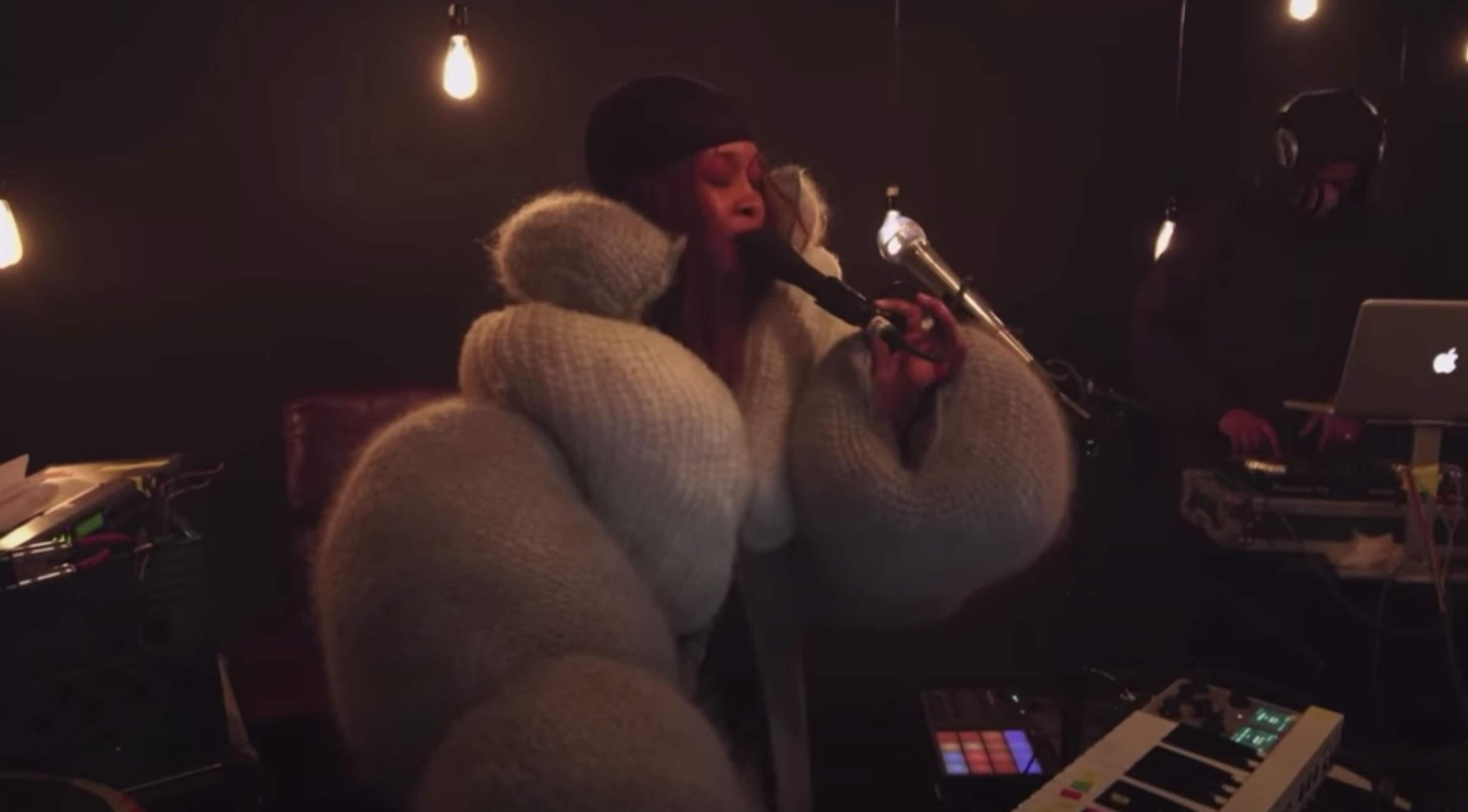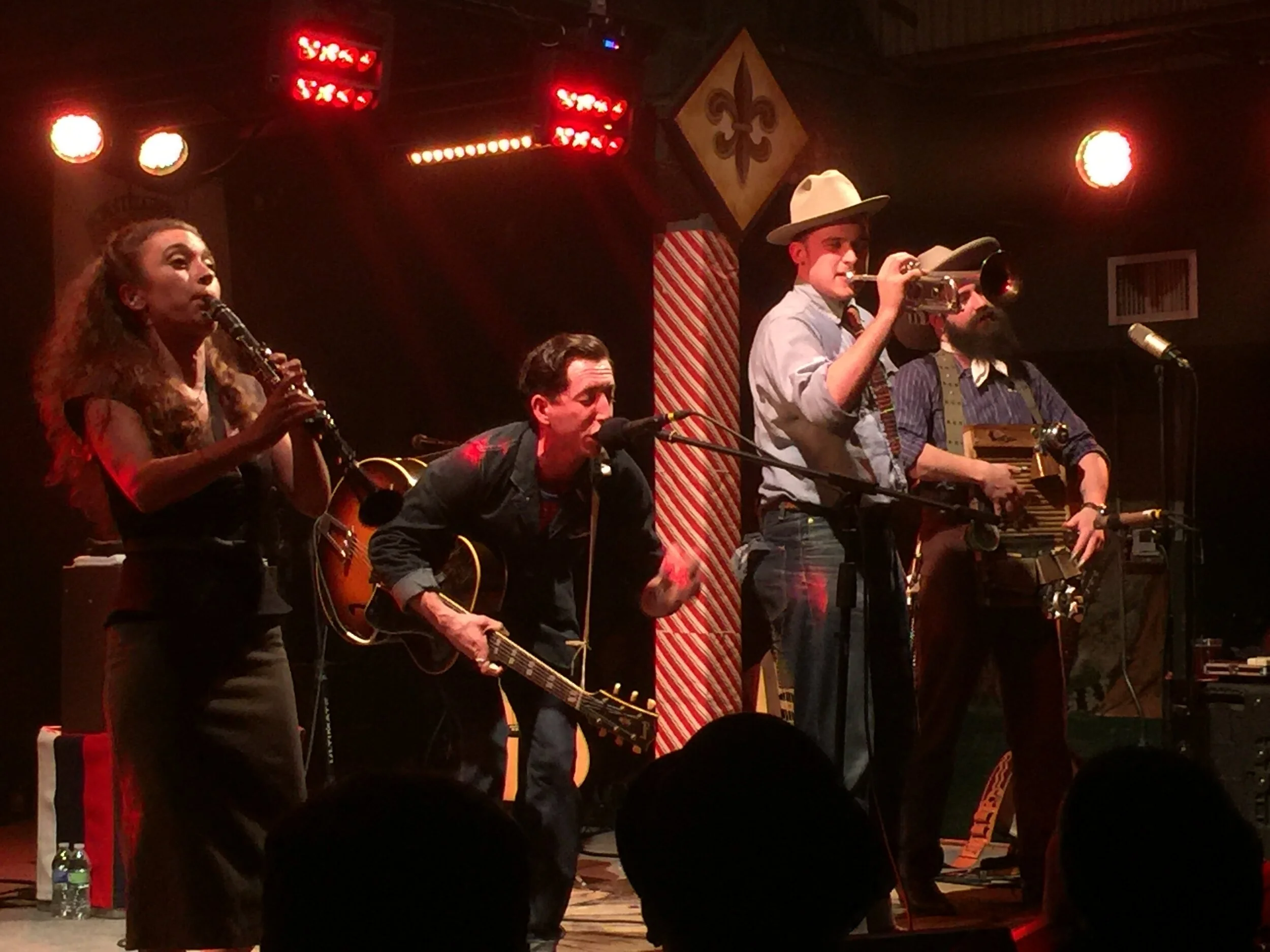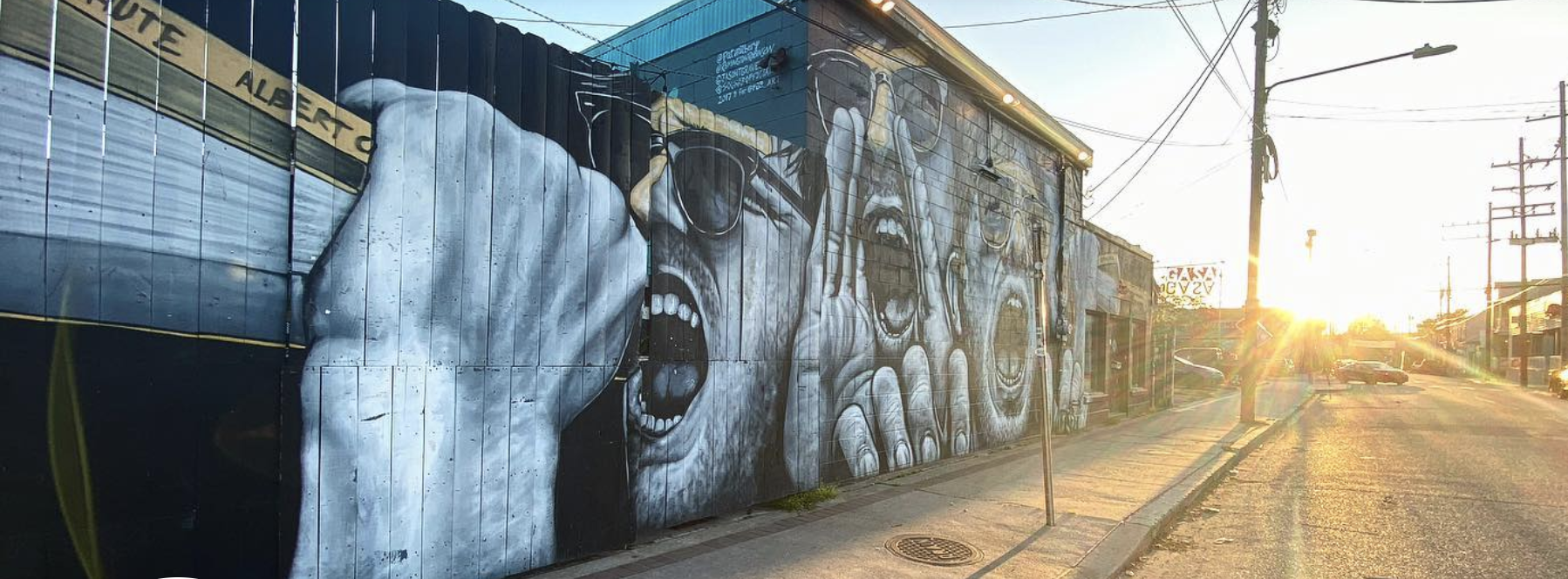Missouri's Open for Concerts; Why Aren't We?

The real question isn’t when to open live music venues but how.
On Monday, April 27, Missouri Governor Mike Parson announced that, as part of his “Show Me Strong” recovery plan, concerts could take place starting Monday, May 4. The gesture is largely symbolic since artists have followed the lead of science and the 49 other state and countless city governments that don’t share his reckless eagerness. They’re looking to get back on the road in 2021, but technically, if Taylor Swift wanted to do a one-state tour, she could in Missouri. Except in St. Louis, where Mayor Lyda Krewson has not announced an end to the city’s stay at home order.
"We will continue to be guided by data, not dates," Krewson said. In fact, none of the major cities in Missouri plan to open the concert halls yet, although Parson says they can.
To be fair, Parson didn’t try to blindly roll back the clock to the good ol’ pre-COVID-19 days. Venues need to find ways for patrons to maintain responsible social distancing, which is the hard part. In concert halls, seating is easy. Ticketholders can be spaced out with empty seats between them and the next patron, but getting them to the seats while maintaining six-foot bubbles through lobbies, foyers, corridors and the like will take some imagination and patience. And in bars, even if venues adjust their capacities to numbers that allow fans to socially distance, will attendees continue to do so after a few drinks? Or will the mistake three or four feet for six feet, or figure that getting closer for a few minutes won’t matter? Will beer impair their judgment? Or will fans simply, involuntarily, drift forward because that’s what they do at shows? And will shows be economically viable with the reduced capacities required to allow social distancing?
Parson’s announcement is an easy one that ignores all the thorny realities of live music as a phenomenon and a business, as well as the realities of people’s concerns. Even if he believes COVID-19 is no longer a threat to Missourians, do they share his optimism? Will they go to see live music if the doors are open? Will unemployed people be able to afford to?
A lot more is involved in the return of concerts and live music than a simple order, as Michael Dorf, founder and CEO of The City Winery in New York City, wrote in a recent guest editorial in Pollstar. He sees an unprecedented level of cooperation as being crucial.
Today, many artists are hungry to perform and their fans are ravenous to see them play. So we are working hard, trying to find a way to make that happen. Can we set up a room with a legal capacity of 1,000 in order to safely bring in 300 people with some social distancing, hospital-grade sanitization, safety protections and protocols for staff and audience, and put on a show that can provide even limited income for everyone and a great time for the audience?
These are questions for our industry to work out, but the only way to do that is with a major recalibration of the financial relationship among the various parties – artists, fans, and venues – and a large dollop of trust. Clearly, we all need each other and none of us can proceed alone. But to make a comeback, we need to keep our expectations aligned and work together to share the risk. Flexible deals, essentially partnership relationships between the artists and venues needs to be created and reflected in new, adaptable ticket pricing. Together, we will need to find ways to meet the new thresholds of legal, safe, and efficient venue capacity that will likely change from month-to-month with the introduction of virus and anti-body testing.
With a new spirit of cooperation, payouts to artists need to remain flexible until we are in a more stable period of “new normal.” Smaller audiences will mean lower food and beverage sales. Lower revenues for venues will mean lower rent. Which means landlords will need to recalibrate their expectations and renegotiate lease terms. Developers, Real Estate Investment Trusts (REITS) and banks all need to recalibrate their idea of acceptable return-on-investment and profit levels. Clubs like mine may have to give up earning profits for the rest of 2020 and even 2021, but still put on shows for the benefit of our staff, the audience and the artists.
Dorf’s vision requires a level of capitalization that it’s hard to imagine many New Orleans live venues having, but as an intellectual framework for moving live music forward, it’s a start.
Late last week, The Music Policy Forum and Sound Music Cities announced that they have collaborated to launch the “Reopen Every Venue Safely” initiative, and New Orleans will be one of its pilot cities. We don’t yet know what that will mean, but it is the product of the policy wonks so there’s reason to think that the proposals will be driven by an approach that embraces the challenge in all its complexity.
Reopening venues won’t happen as quickly or in the way that many people want and musicians and venues need. That’s just a fact. Governor Ron DeSantis announced plans to reopen most of Florida on Monday, May 4, even though researchers are largely in the dark as to how Coronavirus has operated in the state. He now allows restaurants to serve customers indoors at 25 percent capacity at tables at least six feet apart, but his plans don’t open live music venues yet. Even Georgia Governor Brian Kemp, who reopened massage parlors, nail salons and movie theaters, considered live music venues to be a bridge too far. That probably says more about his faulty view of live music as frivolous than his appraisal of the relative health risks, but the bottom line is that even governors eager to reopen their states tap the brakes where bars and live music are concerned.
Unfortunately, it is a basic truth that for the foreseeable future, the world has changed for musicians. When reliable treatments and vaccines are found, we’ll get back to business as usual. Until then, it will take a lot of patience and collective imagination to figure out how to get musicians back to work in a way that is safe and viable for everybody.
Creator of My Spilt Milk and its spin-off Christmas music website and podcast, TwelveSongsOfChristmas.com.






